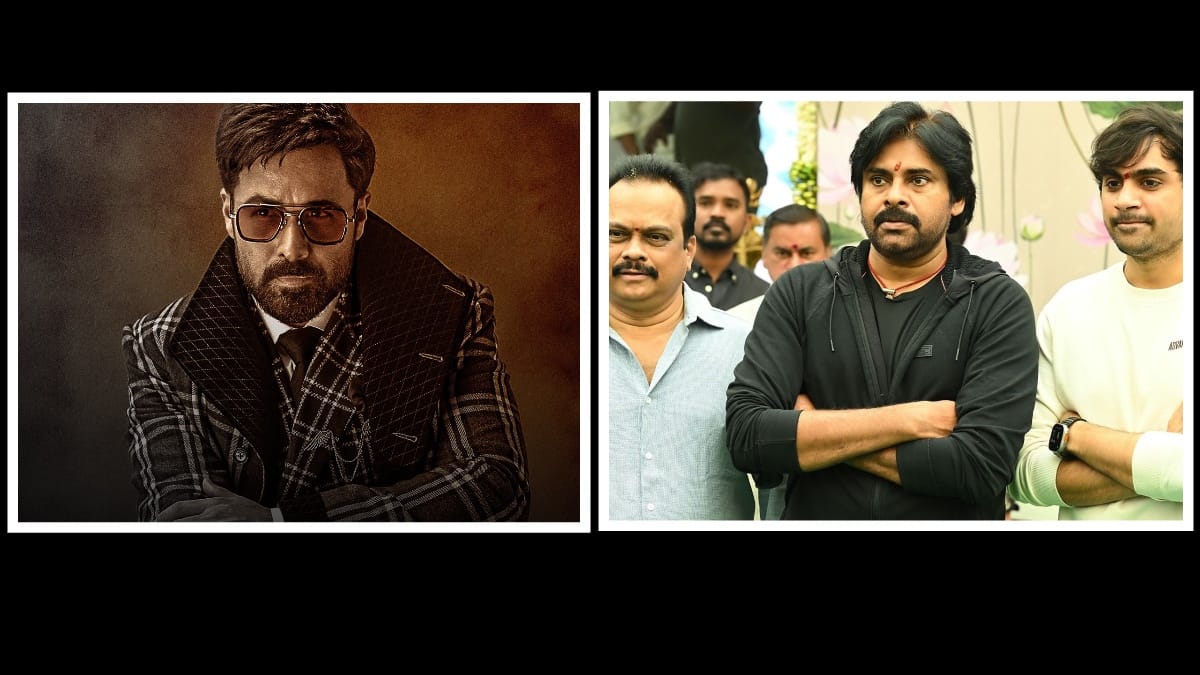
India’s Historic Hockey Moment: The 1975 World Cup Victory That Changed Everything
1 month ago | 5 Views
On that scorching March day in Kuala Lumpur, the sun blazed down as 70,000 fans, undeterred by the heat, erupted in a chorus of excitement and hope.
In the midst of it all stood Ajit Pal Singh, proudly raising the shiny trophy high under the Malaysian sky. This moment would go down in history as one of the most treasured in Indian sports.
India had finally claimed the title of World Cup hockey champions! It was exactly 50 years ago that India achieved this remarkable milestone in Kuala Lumpur, marking a significant victory not just for hockey but for the entire nation. This was India’s first World Cup win in any team sport.
This glorious achievement came at a time when the number of countries in the international hockey federation (FIH) had surpassed 100 (now at 140), and during a period when European teams like West Germany and the Netherlands had broken the long-standing dominance of India and Pakistan by winning the previous Olympics (1972) and World Cup (1973).
Eight years before India’s first cricket honor, this prestigious title was clinched in the golden jubilee year of the former Indian Hockey Federation (IHF). Now, we’re celebrating the 50th anniversary of that victory during the centenary year of the Indian hockey organization (now known as Hockey India).
However, the journey to this triumph was anything but easy. It was filled with unexpected challenges, close calls, administrative hurdles, and moments of uncertainty. To make matters worse, the weather played a role too, forcing one-third of the matches to be canceled, rescheduled, or moved to one of the four different venues—another unique aspect of the KL World Cup.
India had a tough time with the weather on two occasions. They were ahead 1-0 against West Germany after 45 minutes, but the fading light and rain forced a replay three days later. Then, during the semi-final against Malaysia, heavy rain only allowed for nine minutes of play. Despite these challenges, India triumphed in both critical matches, showcasing the determination of Ajit Pal's team.
In a strange twist, the match between Pakistan and New Zealand had to be moved to a different venue at halftime, miles away. Pakistan managed to score a goal on each field, winning 2-0.
With the weather being so unpredictable, the Malaysian Hockey Federation sought help from Bomohs, local traditional healers, to ward off the rain. Luckily, both the semi-finals and medal matches were played under clear skies. The MHF also enjoyed a financial boost, collecting 60% of the gate receipts (RM1,38,852/-) during those sunny days.
The home team exceeded expectations, sparking a nationwide interest in hockey. They knocked out the defending champions, the Netherlands, with a thrilling 2-1 victory in their final pool match, leading to fans storming the pitch to celebrate.
After a surprising loss to Argentina that nearly knocked them out, India bounced back by defeating the reigning Olympic champions, West Germany, 3-1 in their last pool match, securing the top spot in their group.
Malaysia's surprising performance meant that for the first time in seven years, India and Pakistan wouldn't face off in a global semi-final. It also marked a unique moment with three Asian teams making it to the semi-finals, a first for both the World Cup and the Olympics.
The semi-final between India and Malaysia was a massive hit, drawing huge crowds and raking in a record single-day revenue of RM63,253, which was RM7,800 more than the final itself. India initially struggled against Malaysia, taking the lead twice, but ultimately sealed the game with a penalty corner conversion by substitute Aslam Sher Khan in the final moments. He quickly became a hero, and his achievement is still celebrated by many today.
While Pakistan enjoyed a full day of rest before the final on March 15, India had just come off a grueling semi-final that lasted 70 minutes plus 30 minutes of extra time. Despite this, the Indian team delivered an unforgettable performance, while Pakistan faced setbacks with injuries—Shahnaz Shaikh was out, and Samiullah Khan got hurt early in the match due to a tough challenge from Varinder Singh. Zahid Sheikh scored first for Pakistan in the 17th minute, but Surjit Singh equalized in the 44th minute, and Ashok Kumar's goal in the 51st minute clinched the win for India.
Throughout the tournament, India's KL campaign saw no significant injuries, despite the demanding and somewhat unreasonable schedule. The team was well-prepared for the final after overcoming numerous challenges. Facing a formidable opponent in Pakistan, India's skill, determination, fitness, and relentless spirit came together to create a historic victory in Indian sports.
The writer is co-author of "March Of Glory: The Story of India's 1975 World Cup Hockey Triumph."
Read Also: Reliving India's Historic 1975 Hockey World Cup Victory Through Literature
Get the latest Bollywood entertainment news, trending celebrity news, latest celebrity news, new movie reviews, latest entertainment news, latest Bollywood news, and Bollywood celebrity fashion & style updates!HOW DID YOU LIKE THIS ARTICLE? CHOOSE YOUR EMOTICON!
#




















